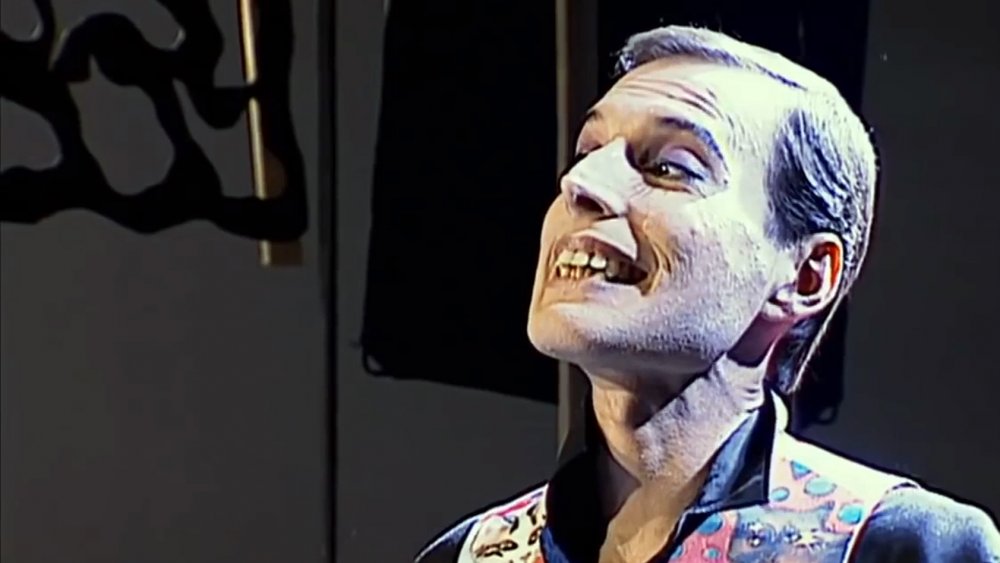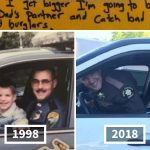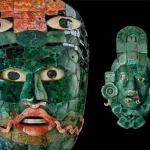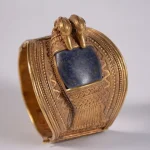The Final Whisper: How Freddie Mercury Sang His Unconquerable Legacy into Existence

In the early 1990s, the world’s most electrifying frontman was waging a fierce, private war. As he walked into the studio to record the poignant track “These Are the Days of Our Lives,” Freddie Mercury’s once powerful, flamboyant frame was visibly thin, his energy was fading, and his face was pale—a silent, devastating testament to the fight with AIDS he had so fiercely guarded.

Yet, despite his physical decline, his spirit remained unconquerable. He had a clear mission: to work until he physically couldn’t stand, determined to squeeze every last drop of his legendary talent into the timeless songs he was leaving behind. He famously declared, “I’ll be remembered for music,” not for affliction. His dedication to his craft truly defined his final, tireless months.

The Unconquerable Spirit
The bandmates of Queen recall the almost superhuman effort required during those final recording sessions. Mercury would often arrive at the Montreux studio weak, sometimes barely able to stand without assistance. But the instant the music began and he stepped up to the microphone, the transformation was complete.
Guitarist Brian May famously noted the ritual: “He’d say, ‘Give me a vodka, darling,’ and then he’d sing like thunder.”
The old fire sparked back to life. Mercury would straighten his shoulders, lift his chin, and sing with a heartbreaking clarity. His voice, though physically worn, still carried the same soul-shaking power that had made him a global icon. Every word in that final recording session for the Innuendo album was heavy with truth, and every note shimmered with a quiet, fierce courage. He was singing a legacy into existence, a defiant testament to bravery and a passion that death itself could not extinguish.
The Immortal Goodbye
The song “These Are the Days of Our Lives” became his eloquent, heartbreaking farewell.
His final, perfect moment was captured on film for the song’s monochromatic music video—a stylistic choice that brilliantly concealed his failing health. At the very end of the performance, a visibly fragile Freddie looked directly into the camera, offered a faint, almost secret smile, and whispered just four immortal words: “I still love you.”
It was his final, unscripted message—not merely addressed to his millions of fans, but to life, to art, and to the profound love that had fueled his entire electric existence.
:max_bytes(150000):strip_icc():focal(487x0:489x2)/screen-shot-2019-02-13-at-6.21.16-pm_preview-2-f54cce8414ef440382a9f1736dedfa0d.jpg)
Twenty-four hours after finally announcing his AIDS diagnosis to the world on November 23, 1991, Freddie Mercury was gone. He didn’t need a tearful goodbye; he left behind something far more enduring. That unforgettable whisper, paired with his timeless music, said everything that needed to be said. He didn’t just face death; he sang to it, smiled at it, and ultimately made his exit beautiful. His music—and that final, loving declaration—will echo forever.
